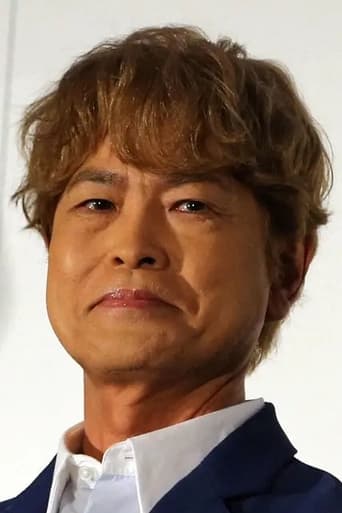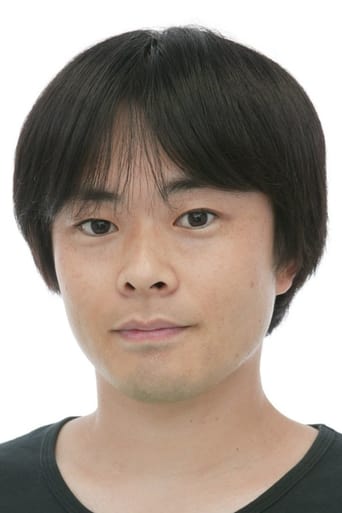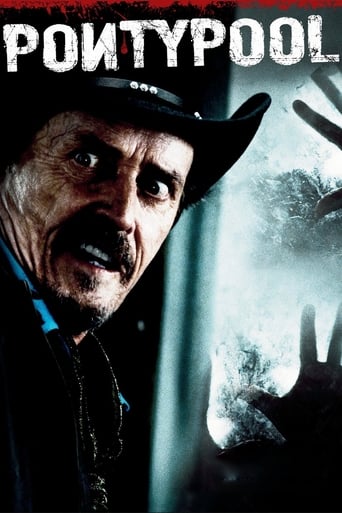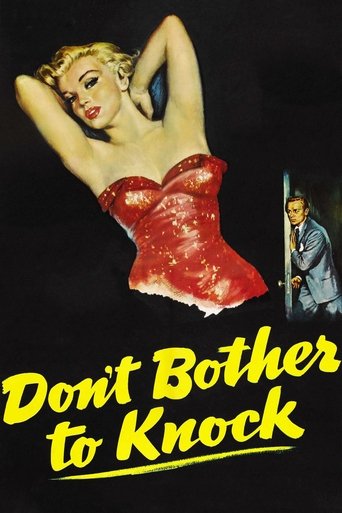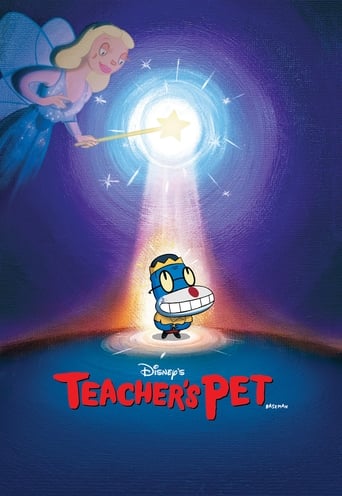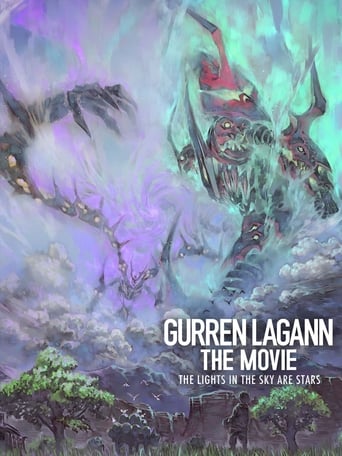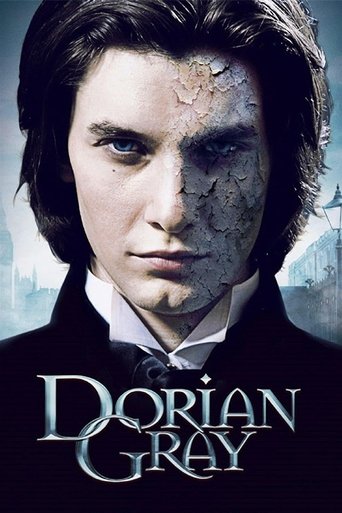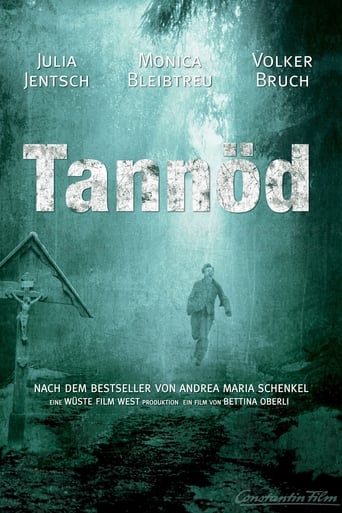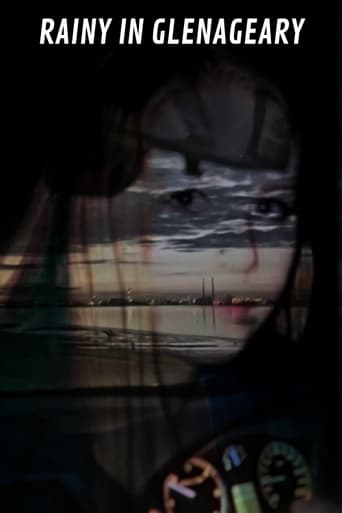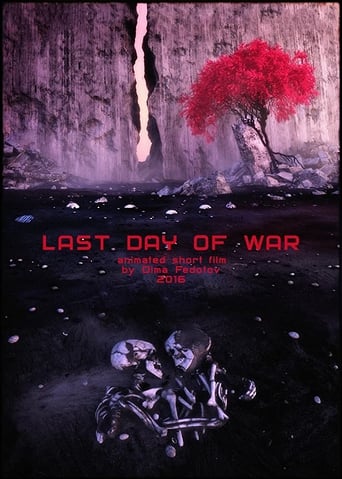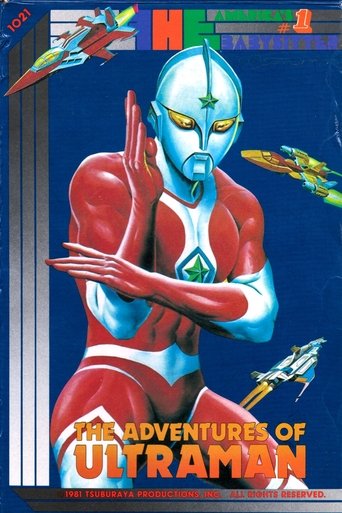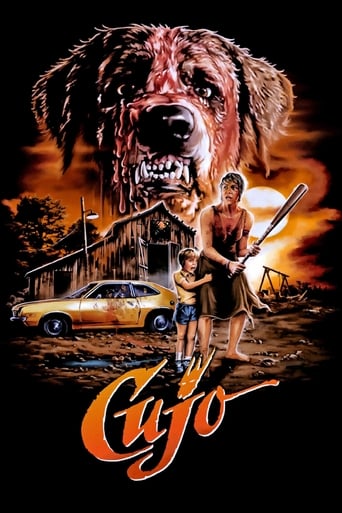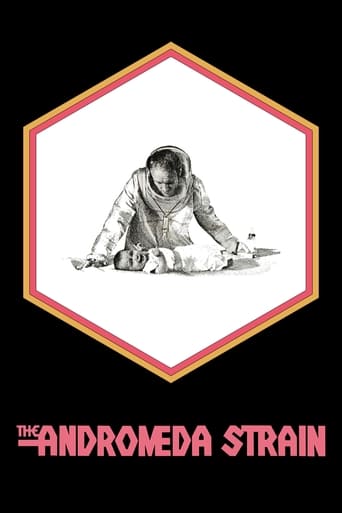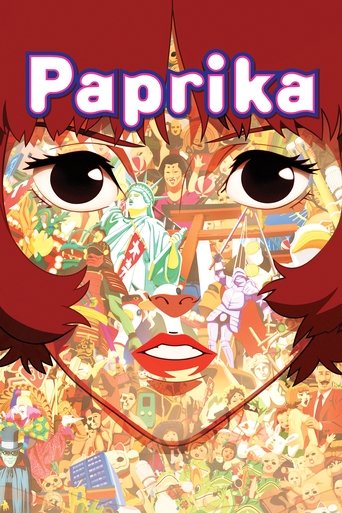
Paprika (2006)
When a machine that allows therapists to enter their patient's dreams is stolen, all hell breaks loose. Only a young female therapist can stop it and recover it before damage is done: Paprika.
- Satoshi Kon
- Satoshi Kon
- Yasutaka Tsutsui
- Seishi Minakami
Rating: 7.815/10 by 2436 users
Alternative Title:
Papurika - JP
红辣椒 - CN
盜夢偵探 - CN
盗梦侦探 - CN
盜夢探偵 - HK
Country:
Japan
Language:
English
日本語
Runtime: 01 hour 30 minutes
Budget: $0
Revenue: $946,590
Plot Keyword: research, japan, dream, based on novel or book, procession, psychoanalysis, mad scientist, dream girl, parallel world, adult animation, dream world, anime, avant garde
Paprika sprinkles its spicy originality across a sprawling vibrant fever dream. Dreams are windows to the imaginative capacity of the subconscious. Manipulating memories to fabricate worlds unbounded by the physical laws of reality. An endless wave of colours and possibilities, requiring no legitimacy for their existence. In psychology, dreams are a method for interrogating the mentality of its subject. Recurring nightmares could be a sign of stress-induced anxiety, fear or mental disorders. The late Satoshi Kon, in what was his last full feature, harnessed the concept of Tsutsui’s novel and challenged the limitations of Japanese animation once again. Paprika is the equivalent of a hallucinogenic warped mind-bending drug-induced fever dream that tests the attentive abilities of its audience. This is as “anime” as Kon’s work gets. Bashfully bonkers. Colourfully confusing. And plenty of Paprika. Whilst ‘Perfect Blue’ is his most accessible feature for adults, Paprika tends to engage itself with fans of the art form instead. That’s not a derogatory trait to have, as it allows Kon to exercise his visionary ingenuity one last time, but the narrative requires patience. A quaint approach that resembles the personality of doctor Chiba, the head scientist of a revolutionary new psychotherapy treatment creatively entitled “Dream Therapy”. But when a dream recording device is stolen, a plague of nonsensical dreams start to merge with the realms of reality. A parade of dancing frogs, strange dolls, wiggling electronic appliances, colossal Shinto gates and golden cat statues just to name a few composites of the ominous fever dream that plagues the minds of unsuspecting dreamers. Infiltrating such a cluster bomb of visual splendour would be no simple task for Chiba’s dream alter-ego Paprika, when at one point she is groped by a colleague who physically splits her fleshed shell in half (not nearly as traumatic as it sounds though...). Yet beneath the mesmerising dream-bending extravaganza is a narrative centralising on the sophisticated theme of control. Taking one’s life back. Detective Konakawa represents this exquisitely when trialling out the “DC Mini” device to treat his anxiety. The recurring nightmarish dream regarding his homicide case prevents him from being in control of his life, unable to watch films at the cinema due to past trauma in his childhood. The amalgamation of present and past within his dream perfectly illustrates the haunting abilities that our subconscious infects our mind with. From a non-scientific perspective, it’s a large reasoning for the development of mental disorders. Of course, the underdeveloped affection Chiba has for her obese child-at-heart genius colleague Tokita somewhat negates the central narrative on psychotherapy, but still focuses on the action of taking control. She finally manages her emotions during a time of distress, and that’s exactly what Paprika revolves around. The whole dream within a dream concept, which apparently was inspiration for Nolan’s epic ‘Inception’, is just a science-fiction shell that enabled Kon to express his creativity without diminishing the novel’s sense of originality. Not to mention Hirasawa’s euphoric score which inventively utilised a vocaloid name “Lola”. Will you fully understand the story on your first watch? Unlikely. Even with the occasionally clunky dialogue that explains the psychotherapy concept. This was the first anime feature film I ever watched (excluding the likes of Pokémon...), and now four watches later I finally understand every single detail of Kon’s cinematic piece of expressionistic art. It’s science-fiction at its most gentle. It’s psychology at its most cerebral. And it’s anime at its most “anime”. Satoshi Kon, you’re a legendary visionary, and always will be.




